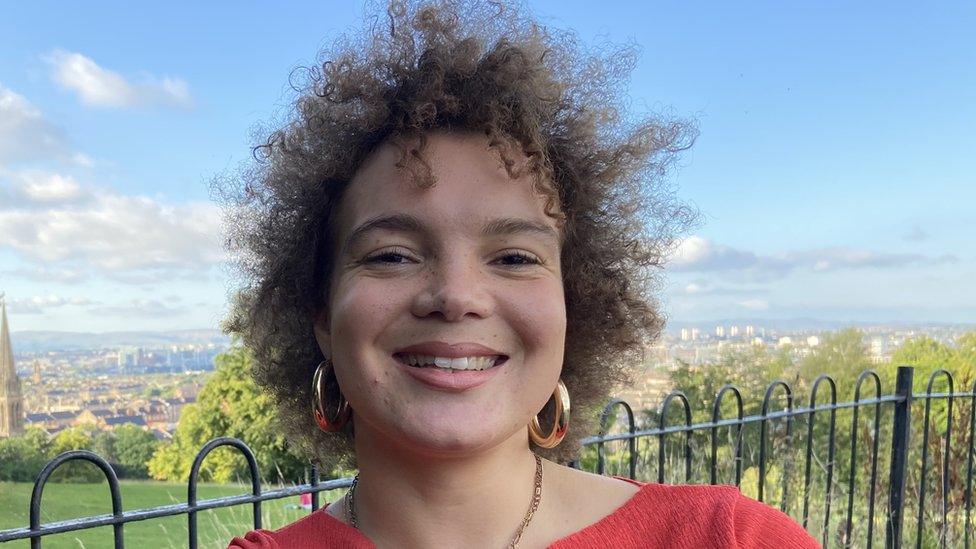'People didn't believe a black man would speak Gaelic'
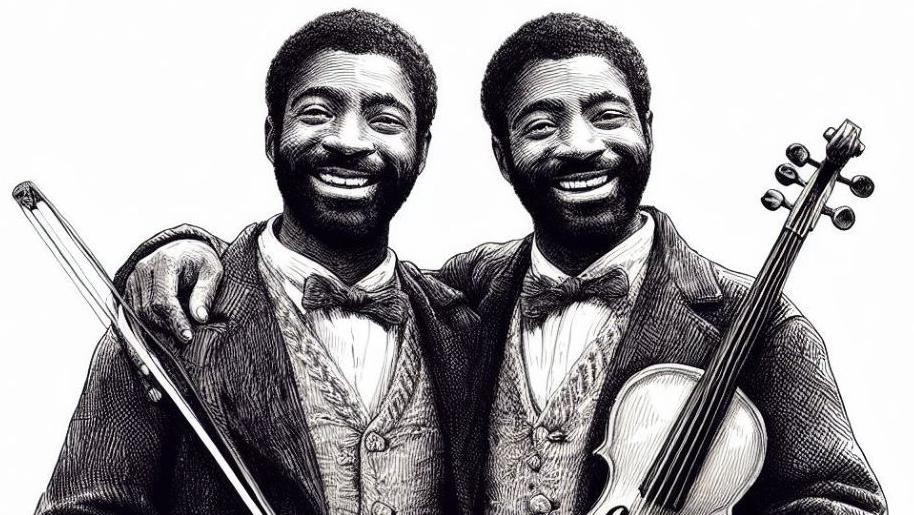
AI-generated artwork created by Colette Thomas as a portrait of brothers John and George Maxwell
- Published
How two Gaelic-speaking black brothers inspired Victorian writer Rudyard Kipling has been told in a new documentary.
Twins John and George Maxwell were part of a Scottish Gaelic community in Cape Breton, Nova Scotia in Canada, in the late 19th and early 20th centuries.
Kipling, best known for The Jungle Book, came across the twins while researching a story and they went on to influence the creation of a character in his tale, Captain Courageous.
But film-maker Colette Thomas said there was a backlash from some readers at the time, adding: "They thought Kipling was lying - there was no way a black man would speak Gaelic."
Freelance film-maker Thomas is a Nova Scotian who studied Gaelic at Sabhal Mòr Ostaig, the National Centre for Gaelic Language and Culture in Skye.
Her five-minute documentary, Na Gàidheal Dubha, external, is on the shortlist for Scotland's FilmG Gaelic short film awards.
Thomas' husband, film-maker Robb Lepper, came across accounts of the Maxwell brothers while doing research for a project.
The twins had worked as fishermen when they were young men, fishing the seas of North America's Grand Banks.
They were part of a community in Cape Breton, many of them descendants of Gaelic-speaking Scots emigrants who had settled in Canada in 18th and early 19th centuries.
Thomas said the twin's father had also spoken the language.
She said: "They were very much a part of the Gaelic community as they were the black community."
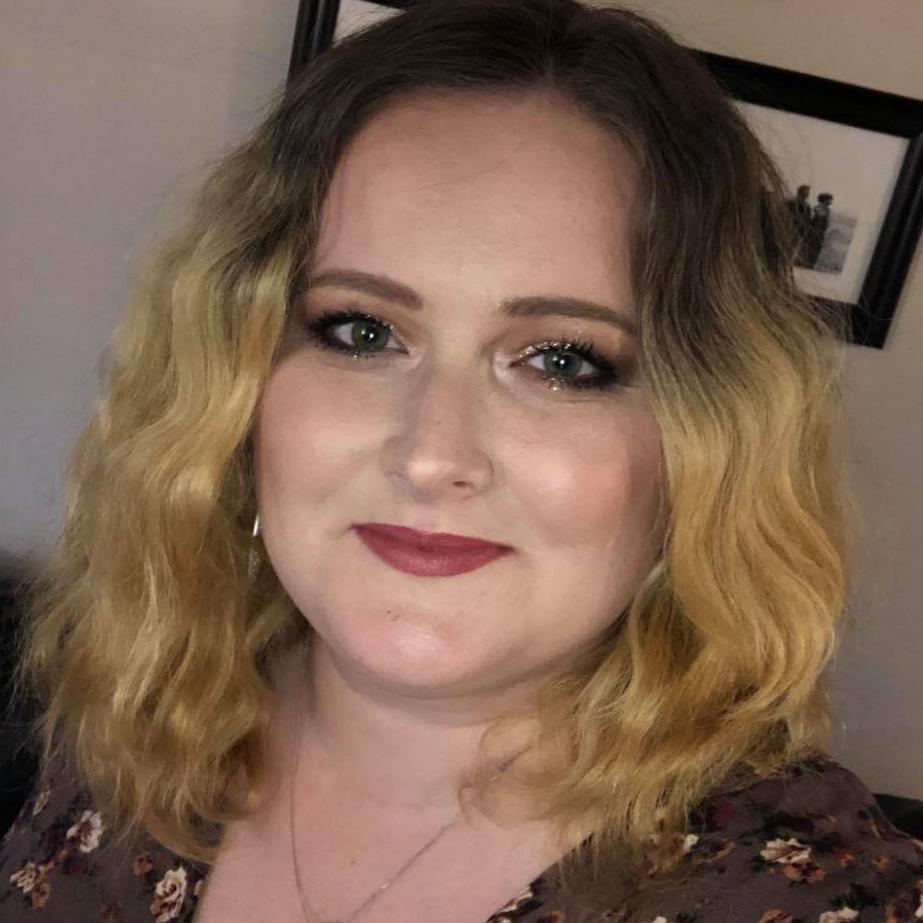
Colette Thomas said the brothers' story deserved recognition
When Kipling's Captain Courageous, an adventure story set in the Grand Banks, was published in 1896 readers complained about the story's black cook speaking Gaelic.
Thomas said: "But it was true.
"The character was based on George and John Maxwell and their lives."
Thomas visited Cape Breton to make her film, and said the brothers continued to be fondly remembered in the province.
She said: "They composed Gaelic songs, they sang and played fiddle."
Thomas hopes to make a longer film about the brothers in the future.
"They deserve to be recognised and it is about time their story came to light again," she said.
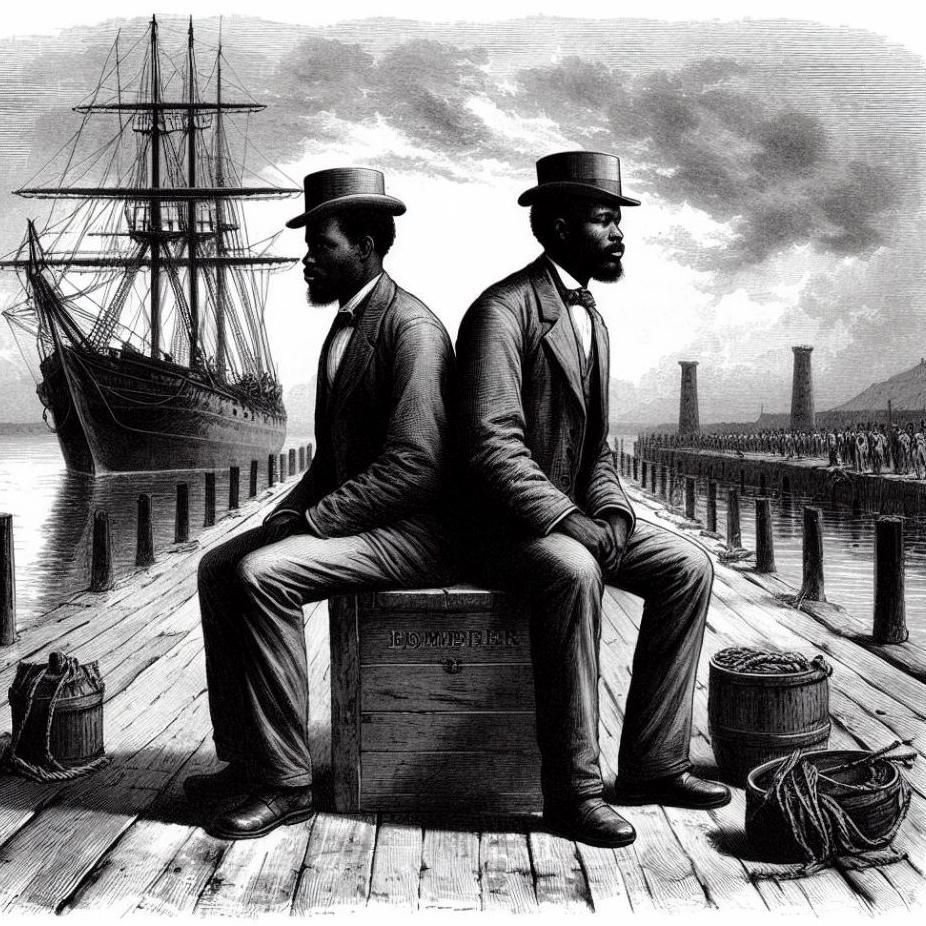
Rudyard Kipling encountered the brothers while he was researching stories
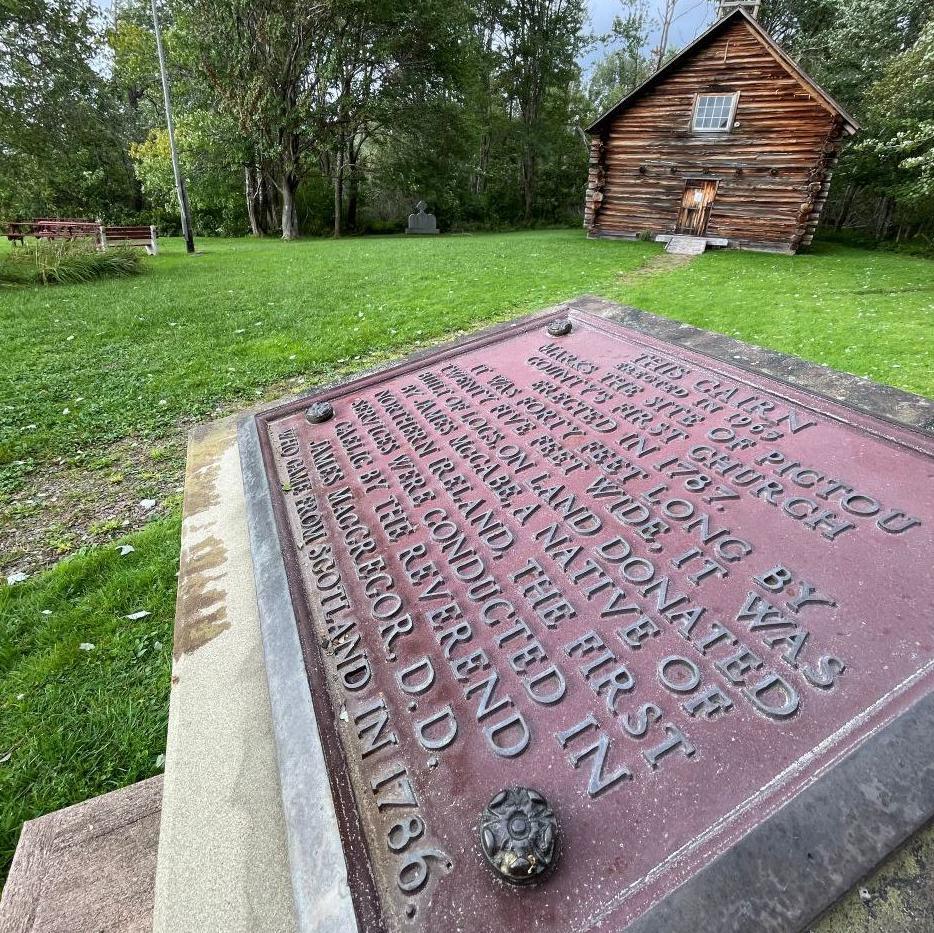
Gaelic is still spoken in Nova Scotia today, including at services at the Loch Broom log church
According to Nova Scotian provincial government department, Gaelic Affairs, external, as many as 50,000 Nova Scotians spoke Gaelic as their first language in the 1900s.
It said there were an estimated 2,000 speakers in the region today. There are also Gaelic speakers in other parts of Canada.
In Scotland, the most recent census figures from 2011 suggested that more than 57,000 people could speak Gaelic.
The council areas with the highest proportion of speakers were the Western Isles, Highland and Argyll and Bute.
FilmG, which was first held in 2008, received a record 160 entries this year.
The winners will be announced at a ceremony in Glasgow on 23 February.
Related topics
- Published4 October 2021
